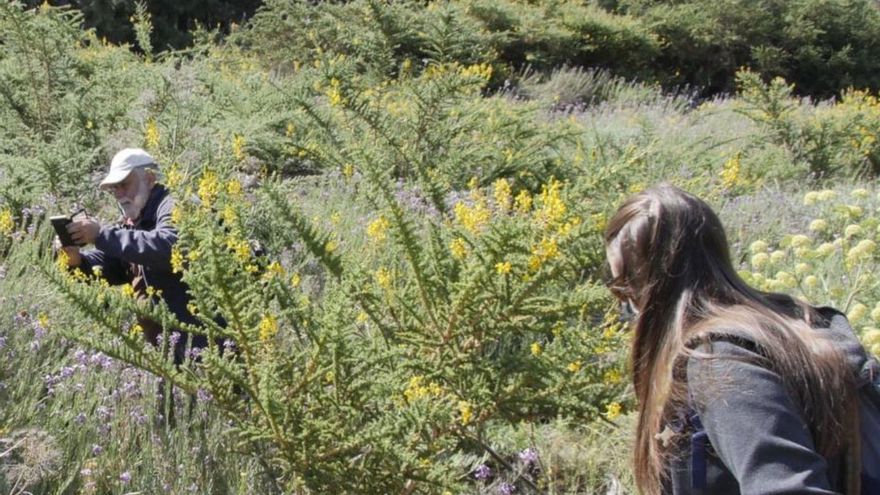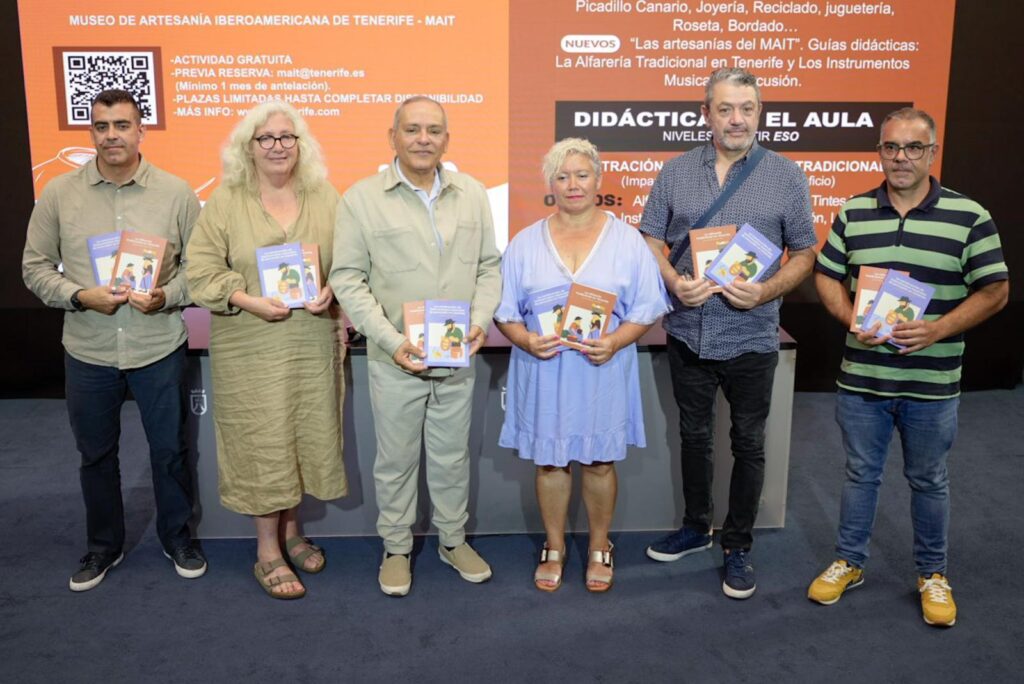
The Council of Tenerife, through the Sustainable Development and Fight against Climate Change area, launches a citizen science program to bring knowledge of pollinating bees closer through a participatory approach. It is about raising awareness about the importance of these small animals in the functioning of ecosystems and in the production of food. Within the framework of this programme, on the occasion of World Bee Day and in collaboration with the ULLthe first practical workshop for the observation of wild insects took place yesterday in Montaña Joco, in the municipality of La Orotava.
Montaña Joco is a point of high diversity of pollinators within the forest crown of the Island, at almost 2,000 meters above sea level. The 30 participants learned to identify bee species that inhabit Tenerife, discovered multiple aspects of the biology and ecology of these species, and were instructed in the methodology for the observation and study of bees and pollinating insects in general.
New workshops will be developed in the coming months. Among others, to learn to identify daytime butterflies, wild bees and syrphids, as well as to create butterfly gardens and shelter plants for pollinators, nature photography, scientific drawing or to learn how to collect data systematically.
This new project is part of the Strategy for the Conservation of Biodiversity of Tenerife 2020-2030. It aims to raise public awareness about the importance of pollinators and raise awareness about the threats they face.
World Bee Day
In October 2017, the United Nations (UN) General Assembly declared May 20 World Bee Day, coinciding with the birth anniversary of the Slovenian scientist Anton Janša, a pioneer of modern beekeeping in the 18th century.
Most of the population only knows the honey bee (Apis mellifera), domesticated by humans, in the world but there are more than 20,000 different species of wild bees. In Canary Islands Some 130 have been recorded and more than a third are endemic.
It should be noted that 90% of the wild and agricultural species in the countryside depend on zoopollination, which means more than 2,400 million euros for the Spanish economy.
















